Address Newsletter
Our weekly digest on buying, selling, and design, with expert advice and insider neighborhood knowledge.
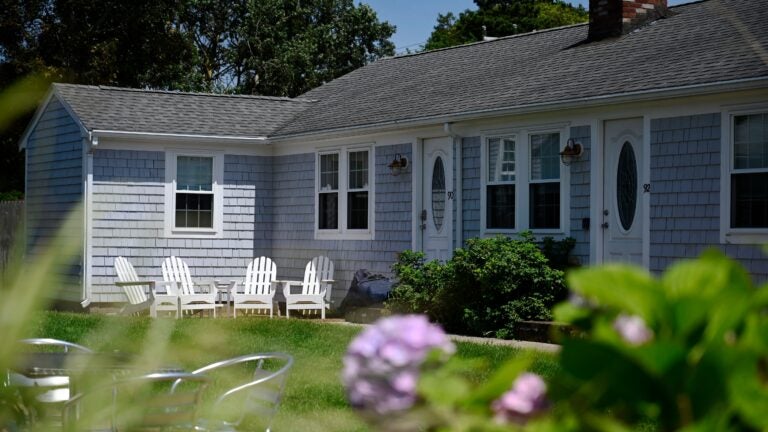
Buying a home on Nantucket or Martha’s Vineyard always seemed out of reach for most people, while the Cape provided an option for potential buyers without having to break their wallet — or get on a boat.
But today, Cape housing that was once considered “affordable” is beyond most people’s means.
According to the Cape Cod & Islands Multiple Listing Service, the median sales price for a single-family home in Barnstable County now sits at $802,500. That figure puts homeownership out of reach for many year-round residents in an area where the median household income is just shy of $95,000, according to the Cape Cod Commission.
While Provincetown led the county year to date with a median price of $1.94 million for a single-family home, even the so-called “affordable” towns like Bourne and Yarmouth posted median prices in June of $640,000.
Affordability, in this landscape, is a relative term.
“We’re talking single digits a year,” said Elliott Schmiedl, director of homeownership at the Massachusetts Housing Partnership, in reference to how many affordable home mortgages the agency (which offers below-market interest rates to eligible borrowers) now supports on the Cape and Islands.
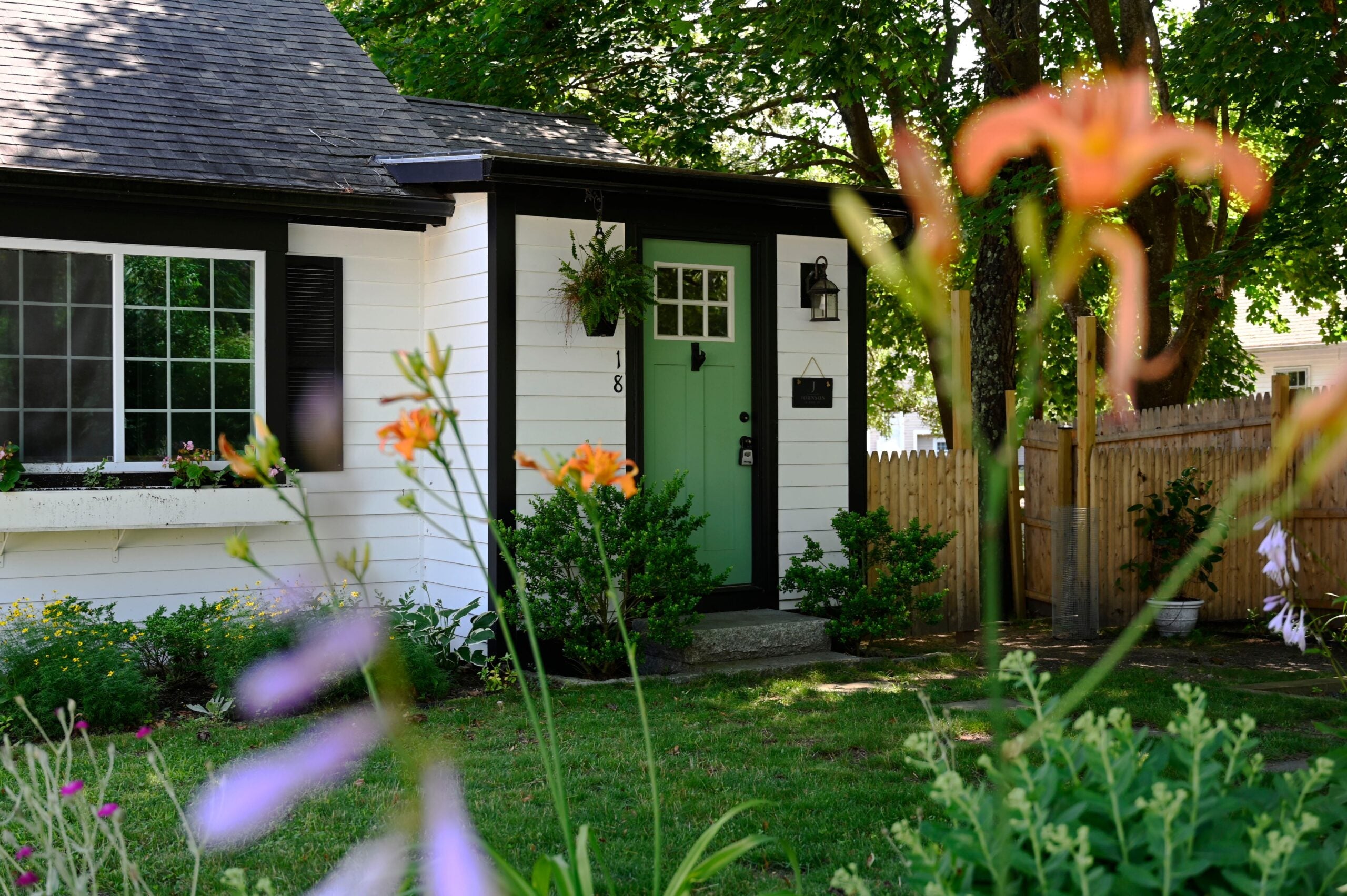
That’s down from as many as a couple dozen annually in previous years, Schmiedl added. Most of those rare successes today come from affordable housing lotteries rather than typical market-rate sales.
The combination of high prices, limited inventory, and a surge in cash buyers creates a competitive environment where many first-time or moderate-income buyers don’t stand a chance.
According to Todd Machnik, president of the Cape Cod and Islands Association of Realtors, 43 percent of all home sales in June were cash purchases.
“[Locals are] missing out on homes because they’re competing against people who don’t need to finance as much,” he said.
The affordability crisis isn’t just a story of sticker shock. It’s also about shrinking supply. Machnik estimates there are just over 1,100 active listings in Barnstable County, or about half of what would be considered healthy.
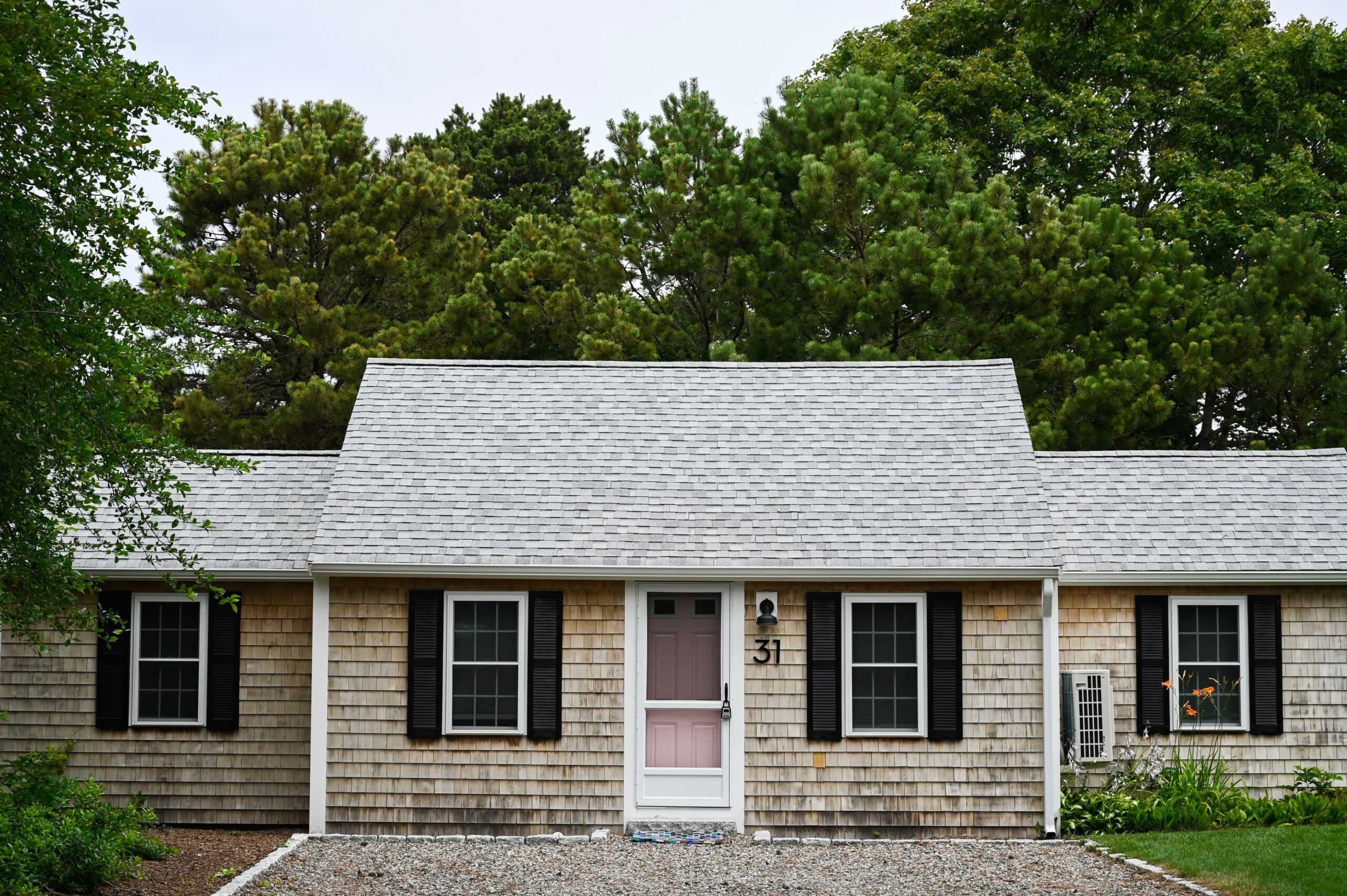
Homes that aren’t near the coast may linger on the market slightly longer, but the most desirable properties are still snapped up in days and often above asking price and without contingencies.
“You just can’t compete,” said Alisa Magnotta, CEO of the Housing Assistance Corporation, a nonprofit organization providing housing programs and services on the Cape and Islands.
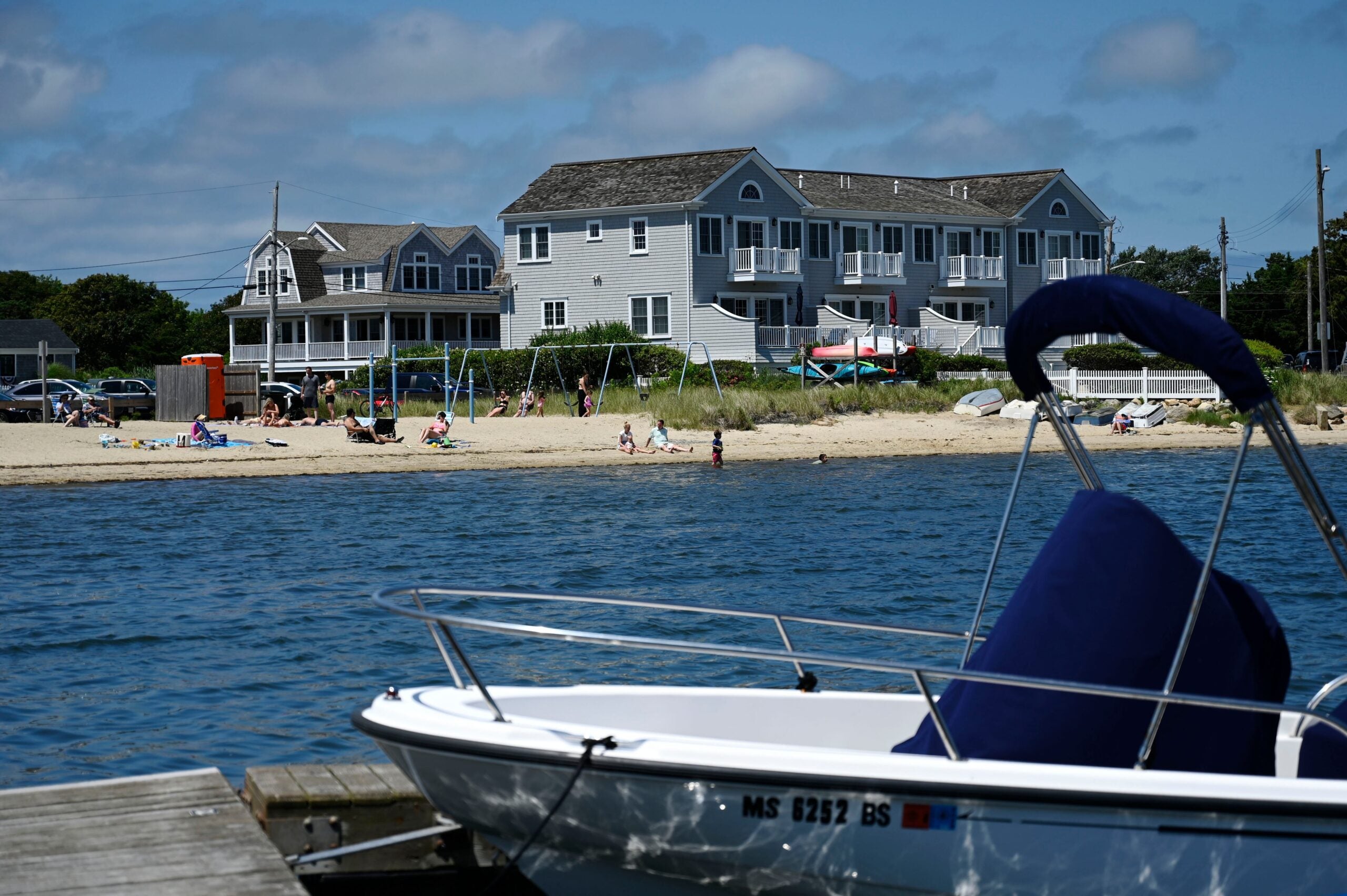
The Cape’s year-round housing inventory has been steadily eroded by second-home demand and the rise of short-term rentals. Magnotta pointed to platforms like Airbnb and VRBO as a turning point, when homeowners realized they could make substantial money renting to vacationers.
Homes that would have been offered as vacation rentals in the summer, but still been viable for longer-term rentals in the off season, flipped to full-time short-term rentals. Then, during the pandemic, a new wave of high-income buyers accelerated the trend and even took homes off the short-term rental market.
“We’ve seen another shift in the market, where we’ve lost access to this existing inventory,” Magnotta said. “This is in the rear-view mirror. We’re looking back and going, ‘That was happening in the marketplace, and we lost it all again.’”
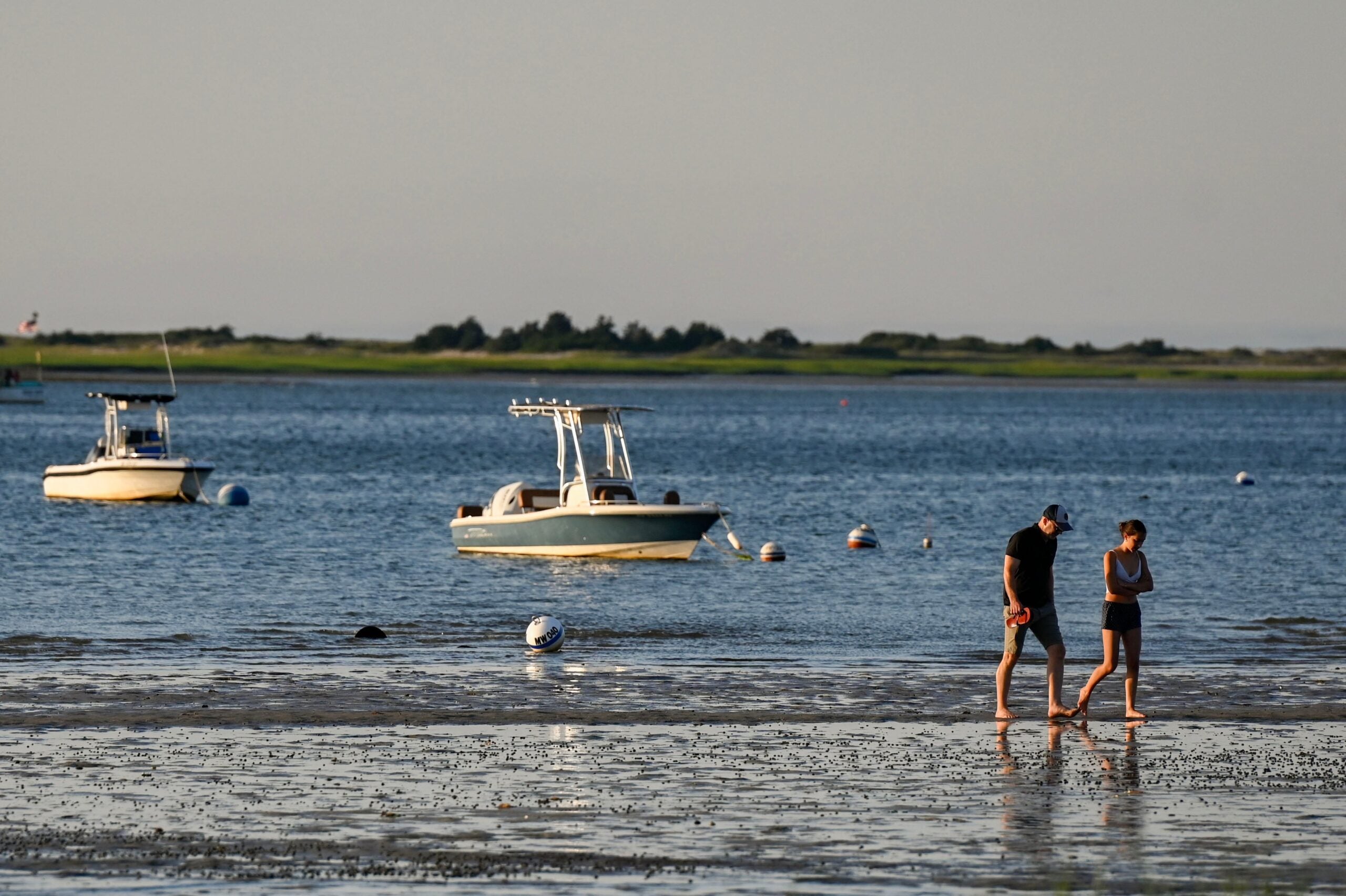
Data from the Cape Cod & Islands Multiple Listing Service underscores the shift. In June, Barnstable had the most homes listed both above and below the county median, a reflection of its size and market variety. But towns like Provincetown and Chatham continue to tilt luxury: Provincetown had 49 condos listed above the county median condo price of $482,000.
That said, there are pockets of affordability to be had: Dennis saw the lowest median condo sales price for all of the Cape and Islands year to date at $278,950.
Meanwhile, affordability programs don’t always reach far enough. The state’s One+ Mortgage Program, which provides down payment help and buys down interest rates for first-time buyers, is only available in designated Gateway Cities. On the Cape, that includes just one: Barnstable.
There are limitations and restrictions on how federal funds can be deployed. Expanding the One+ program would require substantial funding and buy-in from multiple municipalities — a logistical challenge given the Cape’s fragmented governance.
“That’s an idea we’ve kicked around,” Schmiedl said of opening the One+ program to more communities that opt into the program and pool resources. “It just becomes tricky because managing so many funding sources is really fraught.”
Still, some progress is visible. The Downtown Hyannis zoning revision in 2023 allows more density in the district. Hundreds of units are now in the pipeline, Magnotta said. Similar zoning conversations are underway in Orleans.
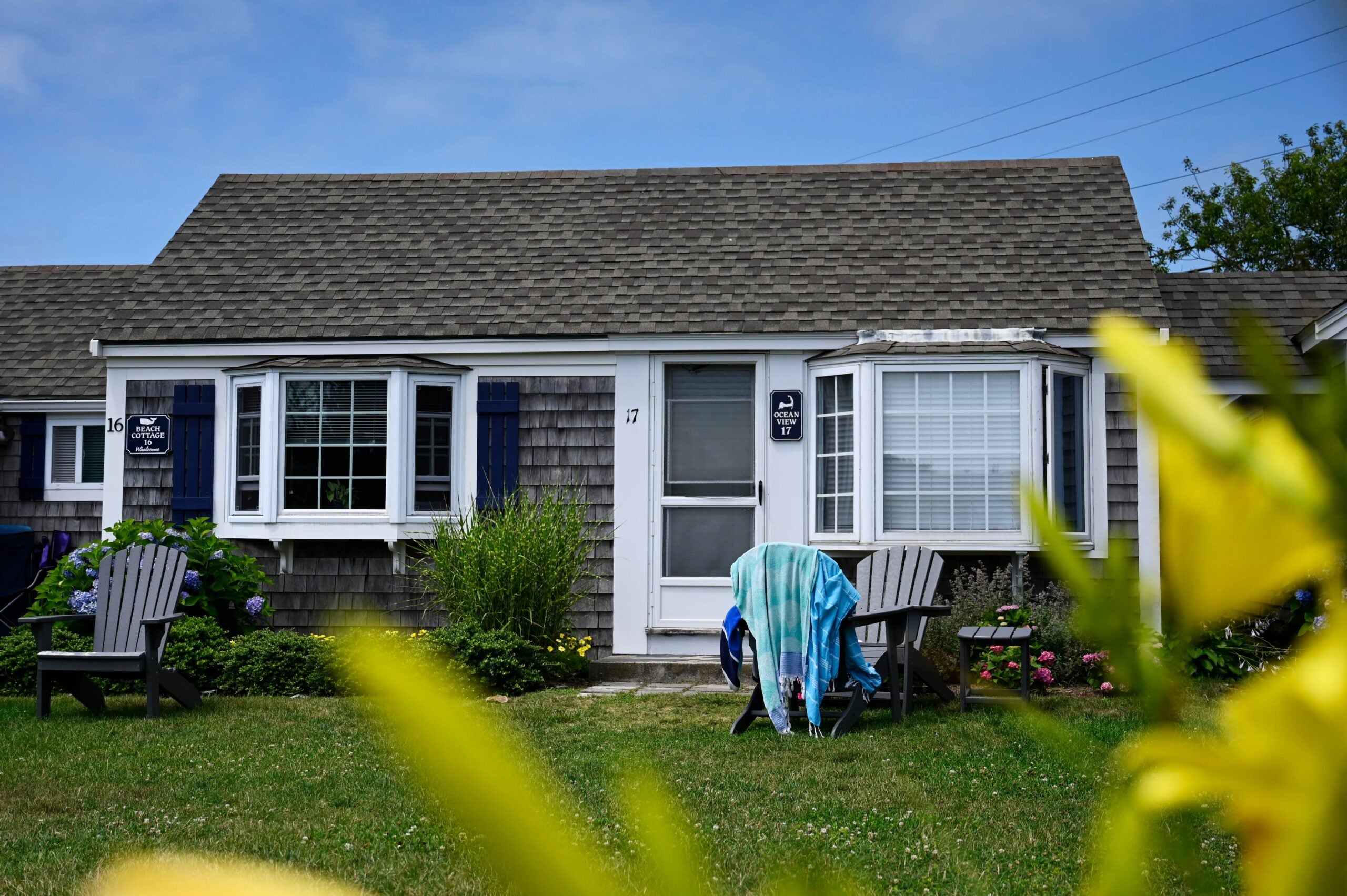
Cape officials and housing advocates agree that solutions need to be both local and regional, encompassing zoning, infrastructure, and creative use of existing housing stock. Programs like Lease to Locals, which incentivize homeowners to rent year-round and is currently offered in municipalities like Provincetown and on Nantucket, are gaining traction.
Magnotta also urged individual action: “If you’re a second homeowner, build an [accessory dwelling unit] on it and rent it year-round,” she said. “We all have to be in it to get out of it.”
But time is a factor. As more locals are priced out or displaced, the ripple effects are showing up in the form of dwindling classrooms, shops, and emergency services as people are priced out and move off Cape to raise families.
“I raised my three daughters here,” Magnotta said. “But today we couldn’t roster a girls basketball team in elementary school. I guess it’s not detrimental, but it’s telling: You only need five players.”
What can bring positive change? Collective action, Magnotta emphasized.
“It’s a shared value that we’ve had on the Cape for a long time. It’s part of who we are,” she added. “I hope that in these years of [an affordability] crisis, we continue to keep coming together. Otherwise, we’re going to become a museum and a place for the rich and famous just to visit. And none of us will be here.”
Our weekly digest on buying, selling, and design, with expert advice and insider neighborhood knowledge.
Stay up to date with everything Boston. Receive the latest news and breaking updates, straight from our newsroom to your inbox.
Conversation
This discussion has ended. Please join elsewhere on Boston.com